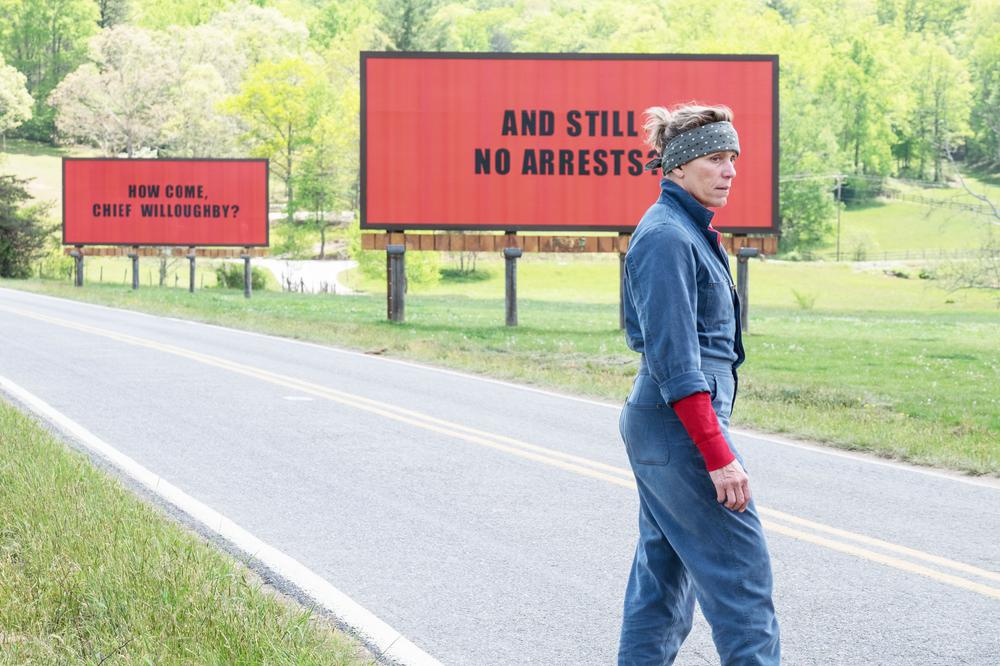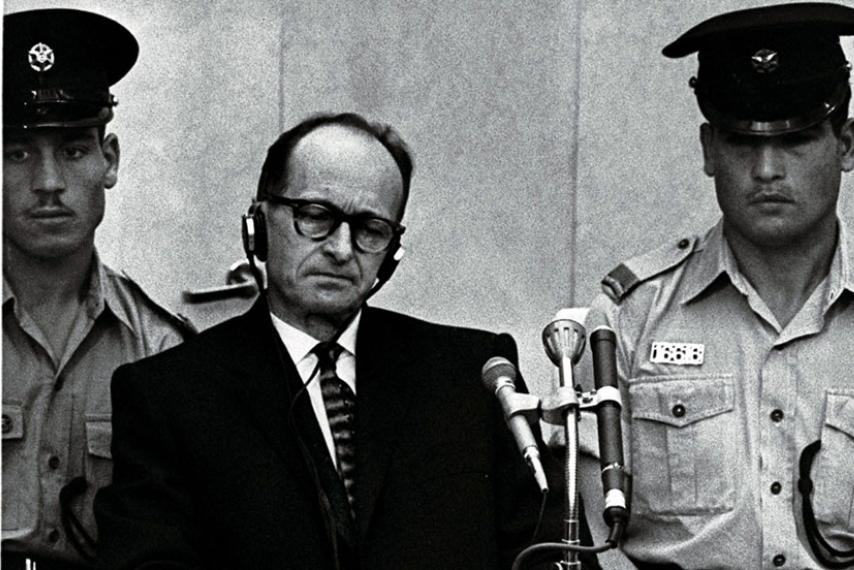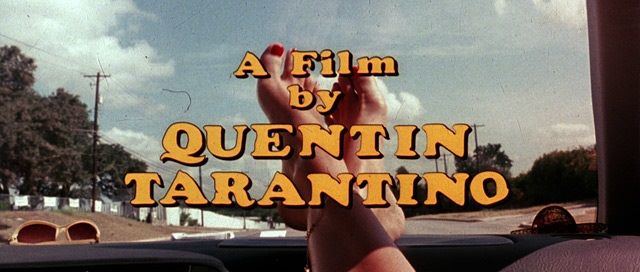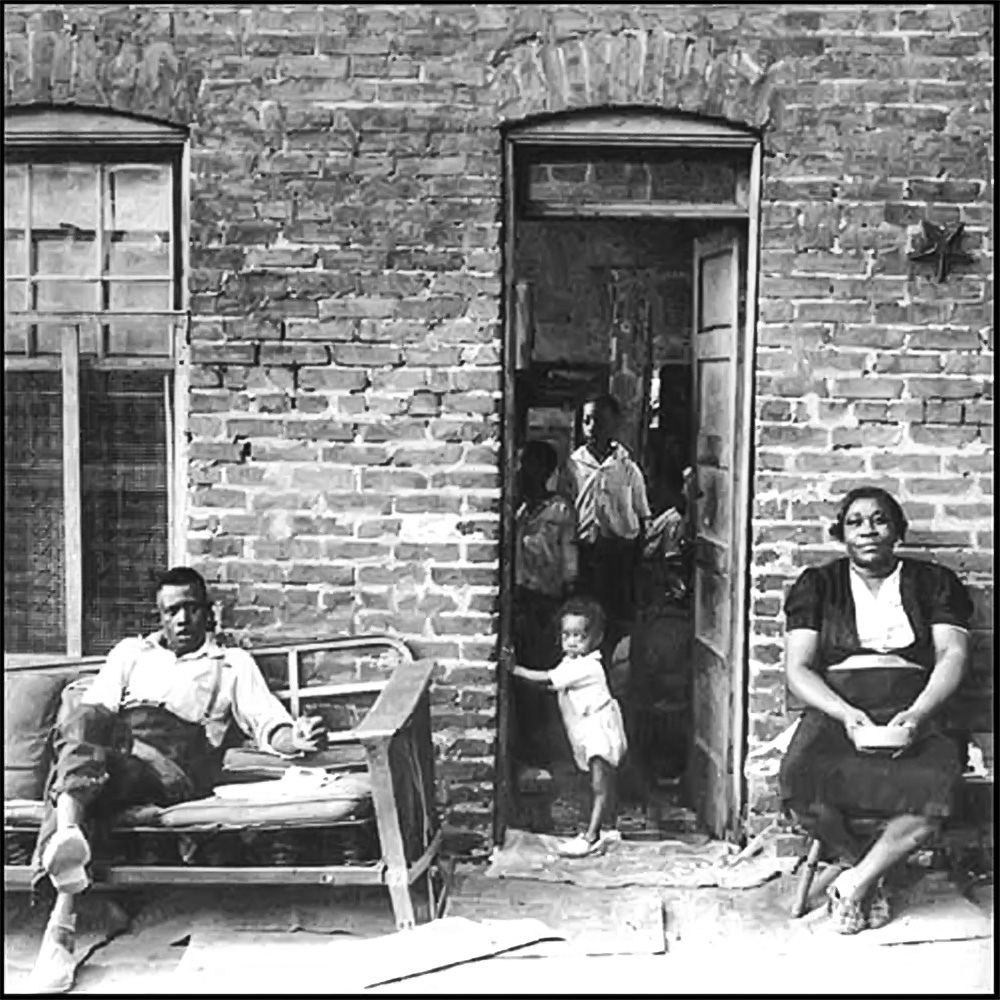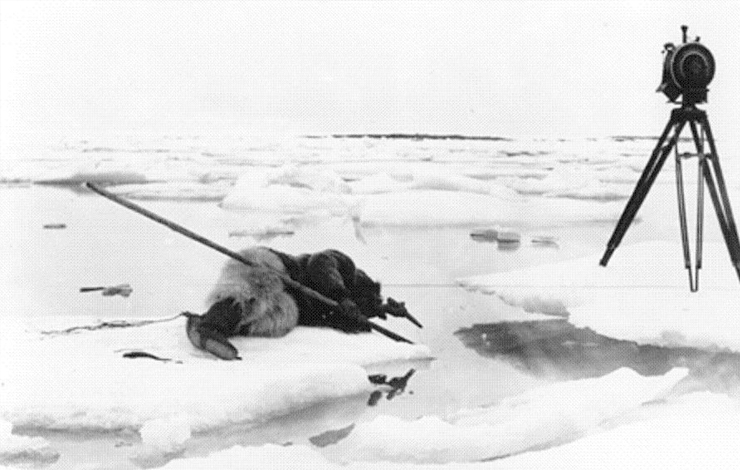Frances McDormand gives the performance of a lifetime by playing a grieving mother who challenges local authorities, her own strength, and the audience’s expectations in Martin McDonagh’s most recent tragicomedy. Continue reading “Three Billboards Outside Ebbing, Missouri Review”
The Man behind the Bulletproof Glass: Objectivity versus Subjectivity in the Reporting of the Eichmann Trial
Objectivity – A fact or merely a word? Ladies and Gents, I give you my pride and joy… My one and only English dissertation. If you’re interested in THE TRUTH behind Nazi war criminal Adolf Eichmann’s criminal trial, and, more importantly, whether or not journalists are objectively truthful when reporting crimes against humanity, then this is the piece for you.
Sara Pascoe’s Animal: The Autobiography of a Female Body
Autobiography or therapy session (where you are both the patient and the therapist in turn)? I really can’t decide. Sara Pascoe’s new book Animal: The Autobiography of a Female Body is certainly bigger than its title. Continue reading “Sara Pascoe’s Animal: The Autobiography of a Female Body”
Reshaping the Frame: Women and Violence in Quentin Tarantino’s Kill Bill: Volume 1 & 2 and Death Proof
My years at University are probably best described as both the best and the worst years of my life (I’m young, give me a break). But if there is one thing I can 100% thank Sussex, my lecturers and tutors for, it is my passion for reading and writing.
So I now give you my Film Studies dissertation, on violence and women in the films of Quentin Tarantino. It is genuinely the piece I am most proud of to date… I hope you enjoy reading it just as much as I enjoyed (and hated at times) writing it!
Creative Piece based on Norman Mailer’s New Journalism
Here is one of my very rare creative pieces, based on the style of Norman Mailer. My intention here is to make you feel what the protagonist is feeling.
Continue reading “Creative Piece based on Norman Mailer’s New Journalism”
John Howard Griffin’s Black Like Me (1961)
On October 2, 1959, John Howard Griffin made his first diary entry, the first of many that would then go on to form the content of his book Black Like Me. These recounted Griffin’s experience as a white American novelist, going undercover in the Deep South to “authentically” report what it was like to “experience discrimination based on skin color, something over which one has no control”. Continue reading “John Howard Griffin’s Black Like Me (1961)”
Let Us Now Praise Famous Men (Agee and Walker, 1941)
This week I have chosen to write a creative piece in the style of James Agee and Walker Evans: Continue reading “Let Us Now Praise Famous Men (Agee and Walker, 1941)”
Richard Wright’s 12 Million Black Voices
Wright once asked: “Could words be weapons?” 12 Million Black Voices shows that they definitely could. It is, in fact, a work about the unsung stories and living conditions more hardly felt by the African American communities that suffered extensively during the Great Depression. Continue reading “Richard Wright’s 12 Million Black Voices”
Miranda Hart's "Peggy&Me"
Put the kettle on, draw the curtains and make yourself comfortable: the all-charismatic comedian Miranda Hart is back with her new book Peggy & Me. Now, I know what you are probably thinking, “Oh, a book about a woman and her dog, sounds SO exciting… NOT”, and to this I must retaliate with the well-known cliché idiom “never judge a book by its cover”. No really, please don’t. Continue reading “Miranda Hart's "Peggy&Me"”
Nanook of the North: Fiction or non?
There is a thin line between fiction and reality. William Rothman points out that “fiction films do bring real life to the screen”, as the subjects that are being filmed are real. However, it is also true that documentaries are fictional, because once they appear on screen, the subjects being filmed become virtual ones. So how do we distinguish between the two? Continue reading “Nanook of the North: Fiction or non?”
